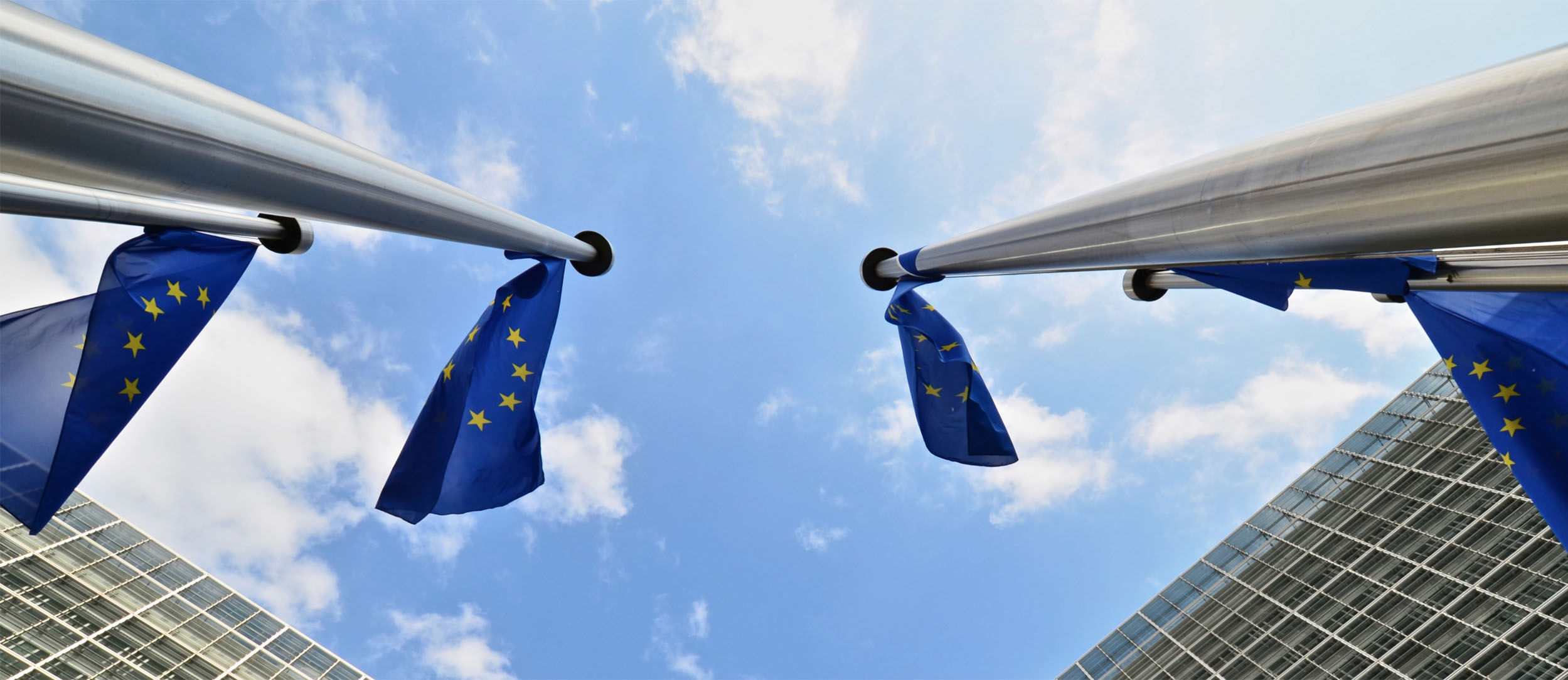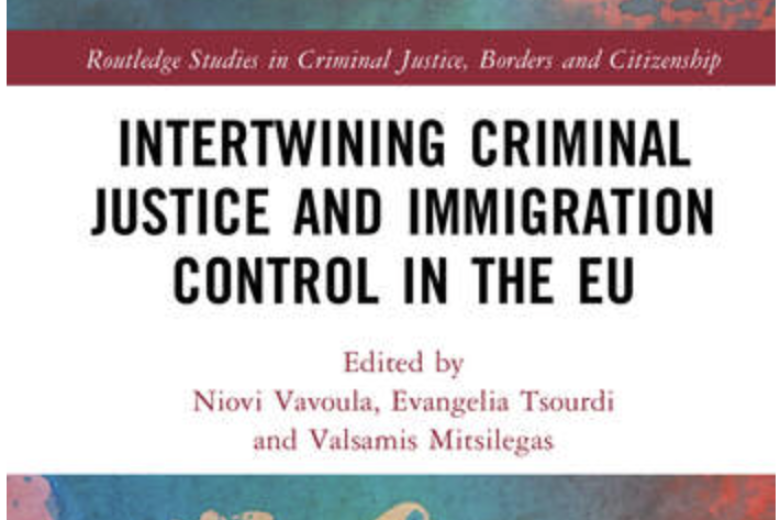Maastricht Centre for European Law
The Maastricht Centre for European law (MCEL) is committed to the study of European law. It examines the law of the European Union in its constitutional and political context. MCEL aims to generate rigorous legal scholarship addressing contemporary challenges, contributing to the academic debate and informing courts, policymakers, civil society and the wider public. It aims to foster research that is stimulating, creative and innovative, that is relevant, timely and meaningful, and that adds to the existing body of knowledge in a significant way.
MCEL forms a vibrant community of 57 scholars studying EU law, meeting each other every two weeks in seminars and fora, collaborating in many projects and connecting with students.
In 2026 MCEL is marking its 15th anniversary with a two-day conference: EU Law for a Changing Europe.
Research
The Maastricht Centre for European Law’s research programme covers most areas of EU law. It seeks to combine traditional research areas of the EU legal order with the newer fields of research, aimed at the current challenges the EU faces with regard to, for example, digitalisation. It studies the law of the European Union in its constitutional and political context, looking also to the tension between, on the one hand, uniformity and centralisation at the European level and, on the other hand, differentiation and autonomy of Member States.
MCEL’s research programme analyses EU law, and the European integration process more generally, from both an institutional and substantive perspective in a global setting.

MCEL’s research relates to all five Faculty research strands:
1. Values
2. Institutions
3. Markets
4. Mobility
5. Digitalisation
News
Events
More MCEL
Newsletter
Stay up to date with the latest news, events, courses, thesis defences, vacancies and much more by signing up for the MCEL Highlights.
Sign up




